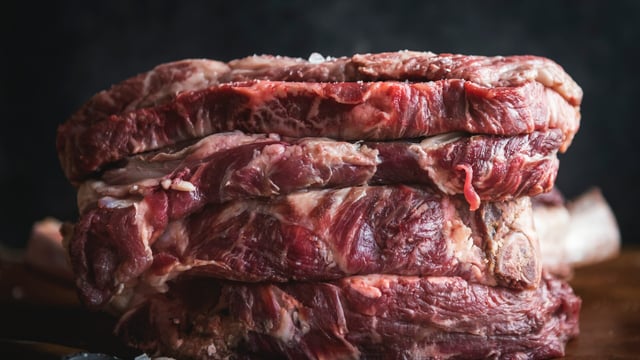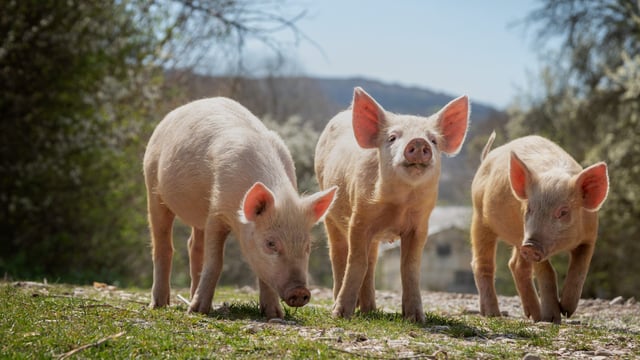Farming in NI is about to enter a period of high taxation
Farming in Northern Ireland (NI) is about to enter a period of high taxation, in relative terms, according to Omagh-based accountant, Seamus McCaffrey.
He explained:
“The personal allowance has been frozen until 2026. Secondly, the rate of company tax is going up from 19-25% from April 1, 2023.
McCaffrey continued:
“For sole traders and partners, national insurance contribution rates are about to increase by 1.25%. So, the basic rate of taxation from April 2022 is going to be 30.25% as opposed to 29% today. This includes the class 4 national insurance contribution.”
Trading conditions and maintaining records
Commenting on the trading conditions that have impacted agriculture over the past two financial years, the taxation specialist confirmed that the 12 months ending April 5, 2021 had been a good year for farmers.
But since then, he explained, input costs have rocketed and it’s likely that the current financial period will not be as good as the year preceding it.
McCaffrey pointed to the increasing evidence of farmers and farm businesses maintaining records up to date and passing these to their accountants to enable accounts for the current year to date to be prepared in order to inform taxation-planning and investment decisions.
He said:
“Accounts also serve a basis for the tax return, which the farmer files on an annual basis. Tax liability will be determined on the basis of the figures submitted.
McCaffrey continued:
“The EBIDTA is a signal as to the capacity of the farm business to repay borrowing," he said.
The balance sheet
The other aspect of the accounts that requires careful consideration prior to them being submitted to the bank is the balance sheet.
McCaffrey confirmed that, in many cases, the farm land may not be in the balance sheet at all.
He commented:
“However, it is important that the true value of the agricultural land and associated farm buildings is included in the balance sheet.
“On that basis, it would assist the bank in doing its pricing. The stronger the net assets, the keener the rate of interest and bank set-up fee will be when it comes to renewing overdraft facilities or seeking a new loan.
When it comes to farmers getting together with the bank, the tax specialist confirmed that consultation with the farm’s accountant is advisable.
“At the end of the day, the bank is lending to the farmer or the team involved within the business. However, in advance of meeting with the bank, it is strongly recommended that the farmer should get together with his or her accountant.
“It is important that the farmer is able to discuss all these matters with the bank in a meaningful way.”





